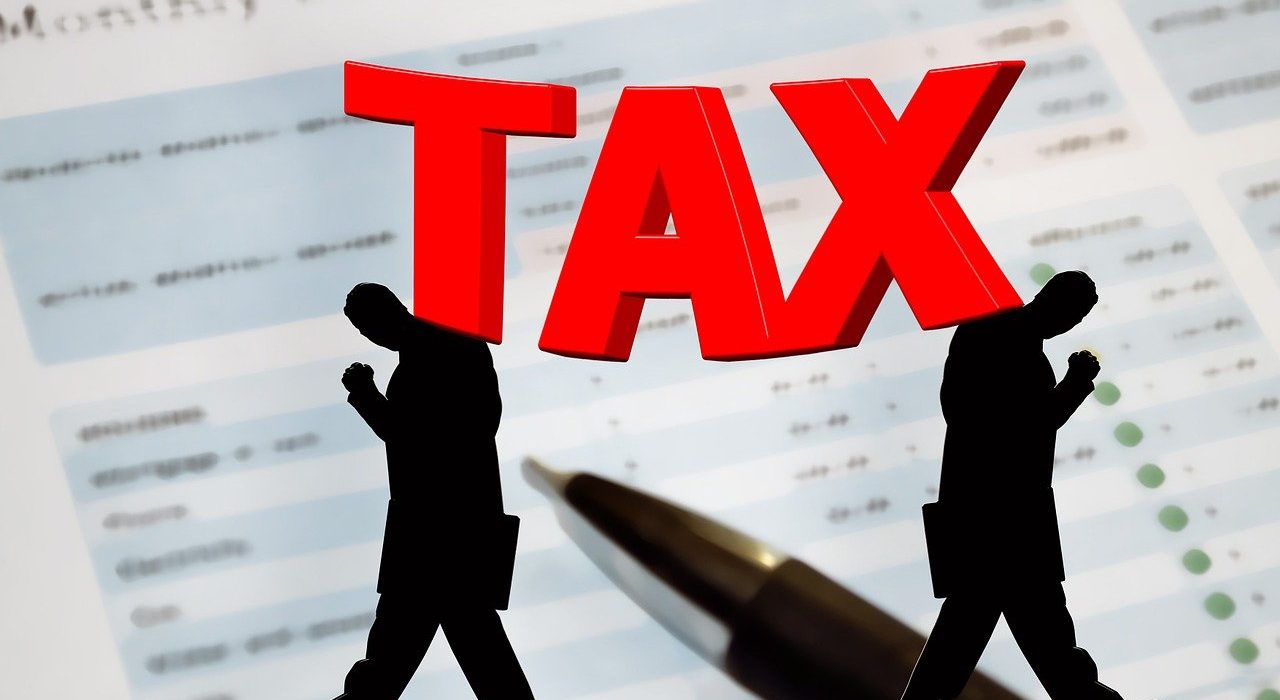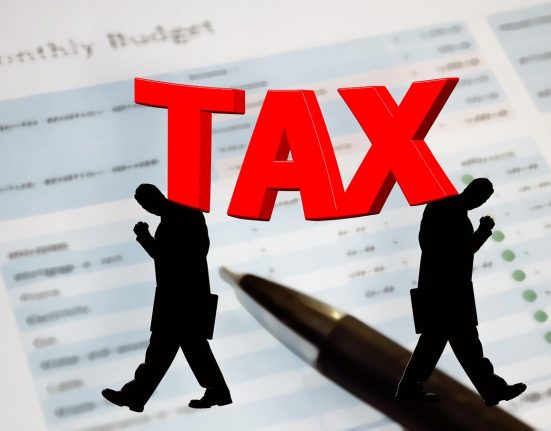Let’s be honest, talk about “tax reform” usually sounds like a headache waiting to happen, full of complicated terms that don’t seem to apply to everyday life. However, the government has introduced new changes that are actually designed to directly impact you, and it’s important to understand them in simple terms.
This is a straightforward explanation of what these new laws really mean for your money and your business.
First, the changes will directly affect your personal income. If you are a salary earner making ₦83,000 a month or less, you will no longer pay any income tax, also known as PAYE. This means your entire salary comes to you, giving you more money in your hand at the end of each month.
Another major relief comes from the removal of the 7.5% Value Added Tax (VAT) from life’s absolute essentials. This change is expected to lower the prices you pay for basic food items, your electricity bill, healthcare services, and rent. It also covers essential products like baby diapers and sanitary towels, making them more affordable for families. For renters, the extra stamp duty fee has also been removed for any property with an annual rent below ₦10 million.
For small business owners and entrepreneurs, the reforms offer significant breathing room. The income level at which a business starts paying company tax has been doubled. Now, if your business has a total annual turnover of ₦50 million or less, you are completely exempt from paying any company income tax. This allows you to keep your profits and reinvest them into growing your business.
The new laws also slash the paperwork and stress that bog down many small businesses. You no longer need to go through expensive and complex audits; a simple, self-signed summary of your accounts will be enough for tax filings. This saves both time and money.
Perhaps most importantly, the new laws offer protection from harassment and unfair treatment. An independent “Tax Ombud” office is being set up to act as a fast-acting referee in disputes, promising to resolve your case within fourteen days. In a major move to protect traders, the law now explicitly outlaws physical roadblocks and demands for cash payments for levies, targeting the unofficial extortion many people face while moving their goods.
Of course, all this sounds good on paper. The real test will be seeing these changes take effect in the real world, in the prices at the market and on the streets. But the plan itself is a clear attempt to ease the financial pressure on ordinary Nigerians and their businesses. If implemented correctly, it could genuinely make a positive difference.

